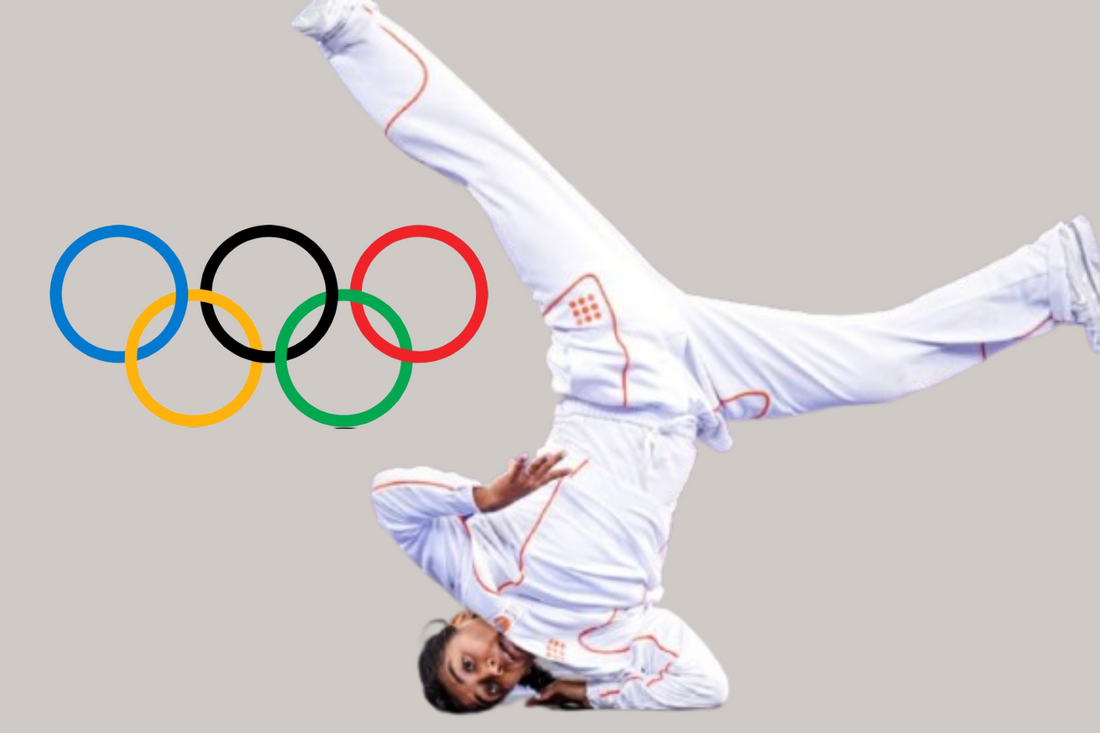
Breakdancing's Bid for the 2028 Olympics: A Pivotal Moment for the Sport
By Jayson Panganiban July 25, 2024 06:31
Breakdancing emerged from the block parties and community gatherings in the Bronx, where DJs would play spinning records while innovative dancers took to the dance floor. These original breakers, called b-boys and b-girls, established a signature form that integrated acrobatic moves with intricate footwork aestheticized movements synchronized to the tempo of hip-hop music upon which they performed.
Since then, the dance has proliferated worldwide, with vibrant communities and competitive circuits sprouting up in nations across the globe. The discipline has evolved with a challenging training program where breakers develop physical and mental skills in athletic strength, flexibility, and mastery of technique to perform the nearly gravity-defying moves that characterize its range.
The Move for Breakdancing to Compete at the Olympics
Breakdancing in the Olympics has been a longtime dream of breakers. In 2016, the WDSF was officially recognized by the International Olympic Committee (IOC) as the governing body for breaking, allowing it to possibly be included in future Olympic programming.
At the Paris 2024 Olympics, we'll see breakdancing performed as an Olympic sport, along with three other newbies: skateboarding, sport climbing, and BMX freestyle. The Paris 2024 Organizing Committee billed breakdancing as a strategic move to lure in younger, more diverse viewers for the Games.
Breakdancing's entry into the Olympics has been fraught with dissent. Some have criticized it for lacking the competitive equality to be considered a sport, arguing that its nature is closer to performance art or cultural expression rather than athletic discipline. Meanwhile, backers of breakdancing have underscored the physical intensity required by the art form and its roots as a competitive endeavor not to mention that it has a global reach with younger audiences.
World Dance Sport Federation (WDSF)
Breakdancing has been led by the World Dance Sport Federation (WDSF) in its race for Olympic inclusion. The governing body has been a settlement that has put in place tangible regulations and created a system for scoring, judging, and competing with these rules to reflect the quality of dancing anticipated by the IOC.
Organizations dedicated to breakdancing have also pushed for their sport's Olympic affirmation in multiple countries. They've extolled the sport's ability to unite on a worldwide scale, reach millennial demographics, and catalyze a revolution in how aspiring athletes and performers are inspired.
Workflow Bottlenecks
The addition of breakdancing to the Olympic program has a series of quirks regarding logistics and organization. Due to the need for music, specialized equipment, and large performance areas, it may require significant infrastructure improvement or coordination to integrate neatly with the existing Olympic framework.
Meanwhile, the IOC and the Los Angeles 2028 Organizing Committee will have other matters to manage at that time, including athlete selection, event scheduling, and overall incorporation of breakdancing into the larger Olympic program.
Pros and Cons
Breakdancing in the Olympics would offer substantial rewards to both the discipline and the Olympic movement. It would put breakdancing in an even bigger spotlight, draw new people into breaking, and hopefully train many more young people to become great athletes. In addition, it fits with the IOC's desire to keep making the Olympics more inclusive and appealing to younger fans.
However, critics have opposed the idea, believing it could water down the Olympic brand, open up commercial oddities, and see breakdancing take over more established sports on an already packed schedule all things that will undoubtedly influence the decision-making.
The Future of Breakdancing in the 2028 Olympics
However, with the 2028 Olympics in Los Angeles on everyone's mind, what lies ahead for breakdancing at this level still hangs in the balance. Governing bodies and advocates have made good progress in recent years.
With its rise in popularity and global outreach at stake, not to mention the planned need for young viewership, breakdancing has every reason to qualify as an Olympic sport in 2028. But there is potentially a great deal of controversy to address, both in terms of logistical and organizational hurdles and criticisms from anti-toll proponents.
Not only will these efforts to get breakdancing into the Olympics serve as a blueprint, but they have also been instrumental in creating change within breaking and elevating it worldwide.


































































